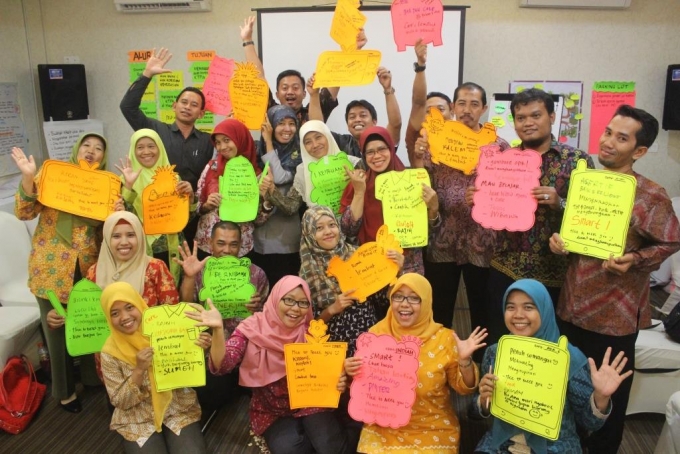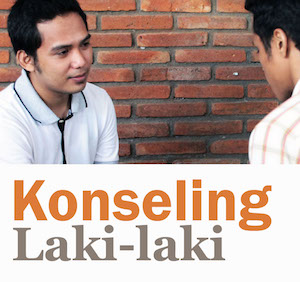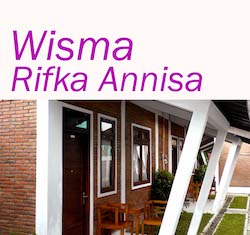Rifka Annisa WCC in cooperation with the Department of Education, Youth and Sports Gunungkidul to held a workshop entitled "School-Based System for the Prevention and Handling of Violence against Women and Children" from Thursday 25th until Saturday 27th August 2016. Participants consisted of 20 teachers from junior high (SMP) and vocational schools (SMK) in Gunungkidul, among others; SMK Negeri 1 Wonosari, SMK Negeri 1 Saptosari, SMK Negeri 1 Gedangsari, SMK Negeri I Ngawen, SMK Negeri 3 Wonosari, SMP Negeri 4 Wonosari, SMA Negeri 2 Wonosari and SMP Negeri 1 Semanu. Sessions that took place over the three days, aimed to understand the dynamics of adolescent psychology and character as well as understand the root causes of violence against women and children. Besides these activities the workshop also aimed to obtain a depiction of the experiences of each school regarding the prevention and response to cases of violence.
The workshop was held at the Platinum Hotel, Jl. Gowongan Kidul No. 57 Yogyakarta. Based on the results and evaluation of the mentoring activities with schools and also the research on sexual violence in Gunungkidul. Rifka Annisa takes seriously their school-based system for the prevention and response to violence and sexual assault. It is also in line with the Regulation of the Minister of Education and Culture of the Republic of Indonesia No. 82 In 2015, on the Prevention and Handling of Violence in Environmental Education Unit. So when discussing the education system, the strengthening of each element in the school is essential. The system is composed of the principal, teachers, and students. Among the teacher's role as educators, teachers, and counsellors, in accordance with Law no. 14 of 2005, there is great intensity for the teachers in their roles of interaction with the students. Thus, teachers have an important role in prevention and response to violence and must be trained accordingly to handle such cases.
At the beginning of the first day's session, Rifka Annisa invited Dra. Mutingatu Sholichah, M.Si, (lecturer of the Faculty of Psychology, University of Ahmad Dahlan Yogyakarta and Assistant Sexual violence counselling intervention of parents, teachers, and children) as a resource to share knowledge on adolescent psychology and the importance of the role of schools in the prevention and response to violence against women and children. The second day continued discussion on power relations and gender inequality. Indiah Wahyu Andari, one of the facilitators, explained, "The social construction in the community during this puts women in lower positions than men. Women attached to the roles of domestic and men to the role of the public. "Indiah also added that the root causes of violence against women and children is the existence of power relations, or relations are unbalanced (unequal) between each other and the construction of gender is biased. Among the things that affect the power relations is the level of education, social status, senior-junior, age, occupation, health status, economic status, majority-minority, and so forth.
In the evening session participants are invited to practice self-healing techniques for the treatment of victims of violence. Enthusiastic participants were very evident when they described their future dreams and what they hoped to do for their families and communities regarding such issues. The third day of talks were about counselling and mentoring, followed by a discussion of follow-up plans, then concluded with evaluation activities.
Translated by: Emma Hardy








